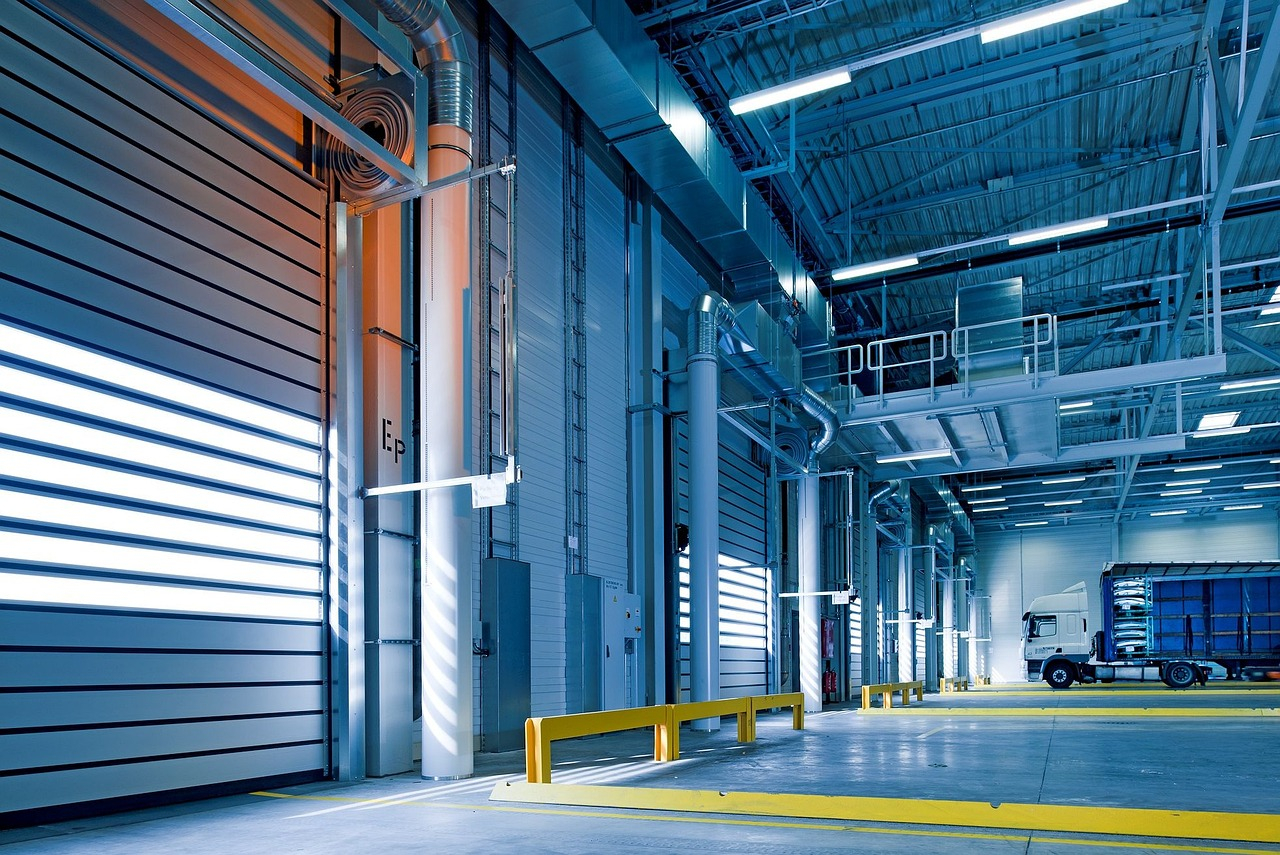The growth of e-commerce and its impact on warehouse jobs
The e-commerce sector in Poland has experienced exponential growth over the past decade. With more consumers turning to online shopping, there has been a corresponding increase in the need for efficient logistics solutions. This surge in online orders has placed immense pressure on warehouses to handle large volumes of goods swiftly and accurately. Consequently, warehouse jobs in Poland have become a critical component of the e-commerce supply chain, as companies strive to meet the expectations of fast service.
The increase in e-commerce has led to the establishment of numerous fulfillment centers across the country. These centers are responsible for storing, packing, and shipping products to customers, often within tight deadlines. The need for fast service has necessitated the recruitment of a large workforce to ensure that operations run smoothly and that orders are processed promptly. Warehouse jobs in Poland, therefore, offer significant employment opportunities, particularly in regions where large distribution centers are located.
The challenges of fast service in warehouse operations
While the demand for fast service has created many job opportunities, it has also introduced several challenges in warehouse operations. One of the primary challenges is the need to maintain high levels of efficiency and accuracy in order processing. With consumers expecting next-day or even same-day delivery, warehouses must operate at peak performance levels, often requiring employees to work long hours and at a fast pace.
Moreover, the rapid turnover of goods in warehouses can lead to increased physical strain on workers. The repetitive nature of tasks, such as picking, packing, and moving heavy items, can result in fatigue and injuries. This has prompted companies to invest in automation and advanced technologies to ease the burden on workers and improve overall efficiency. However, the integration of technology also requires a skilled workforce, which poses another challenge in terms of training and upskilling employees.
Additionally, the seasonal nature of e-commerce, with peak periods during holidays and special sales events, means that warehouses often need to ramp up their workforce temporarily. This can lead to challenges in recruitment, as companies must find and train a large number of temporary workers quickly, while still maintaining the quality of service. As a result, warehouse jobs in Poland during peak seasons can be both demanding and rewarding, offering short-term employment opportunities for many individuals.
Strategies for meeting the demand for fast service
To address the challenges posed by the demand for fast service, companies in Poland have adopted several strategies aimed at optimizing warehouse operations and ensuring timely order fulfillment. One of the most significant strategies is the implementation of automation and robotics in warehouses. Automated systems, such as conveyor belts, robotic pickers, and automated storage and retrieval systems (AS/RS), have greatly enhanced the speed and accuracy of warehouse operations, reducing the reliance on manual labor and minimizing errors.
Another key strategy is the adoption of advanced warehouse management systems (WMS). These systems provide real-time visibility into inventory levels, order status, and workflow management, allowing companies to streamline their operations and make informed decisions quickly. By optimizing the use of space, tracking inventory accurately, and managing labor efficiently, WMS solutions contribute to the overall goal of fast service in warehouse operations.
In addition to technology, companies are also focusing on workforce training and development. Recognizing the importance of a skilled workforce, many employers are investing in training programs that equip employees with the necessary skills to operate advanced machinery and manage complex processes. This not only improves the efficiency of warehouse operations but also enhances job satisfaction and retention among workers.
Furthermore, some companies are adopting flexible work arrangements to attract and retain a larger workforce. By offering part-time or flexible shifts, employers can accommodate the needs of a diverse workforce, including students, parents, and individuals seeking supplementary income. This approach helps ensure that warehouses are adequately staffed during peak periods while providing employees with a better work-life balance.
The future of warehouse jobs in Poland
Looking ahead, the demand for warehouse jobs in Poland is expected to continue growing as the e-commerce sector expands and companies seek to meet the ever-increasing expectations for fast service. The ongoing digital transformation of the logistics industry will likely lead to further advancements in automation and technology, reshaping the nature of warehouse work. While this may reduce the number of traditional manual labor jobs, it will also create new opportunities for skilled workers who can manage and maintain these advanced systems.
Moreover, as companies continue to focus on sustainability and reducing their carbon footprint, there may be a shift towards greener warehouse practices. This could involve the use of renewable energy sources, energy-efficient lighting and heating systems, and more sustainable packaging materials. These changes could also influence the types of warehouse jobs in Poland, as new roles related to sustainability and environmental management emerge.
The demand for warehouse jobs in Poland is closely tied to the growth of e-commerce and the need for fast service in the supply chain. While this demand presents significant opportunities for employment, it also brings challenges related to efficiency, workforce management, and technology adoption. Companies in Poland are responding to these challenges by investing in automation, advanced warehouse management systems, and workforce development. As the logistics industry continues to evolve, warehouse jobs in Poland will remain a vital component of the economy, offering diverse opportunities for workers and contributing to the country’s overall economic growth.





